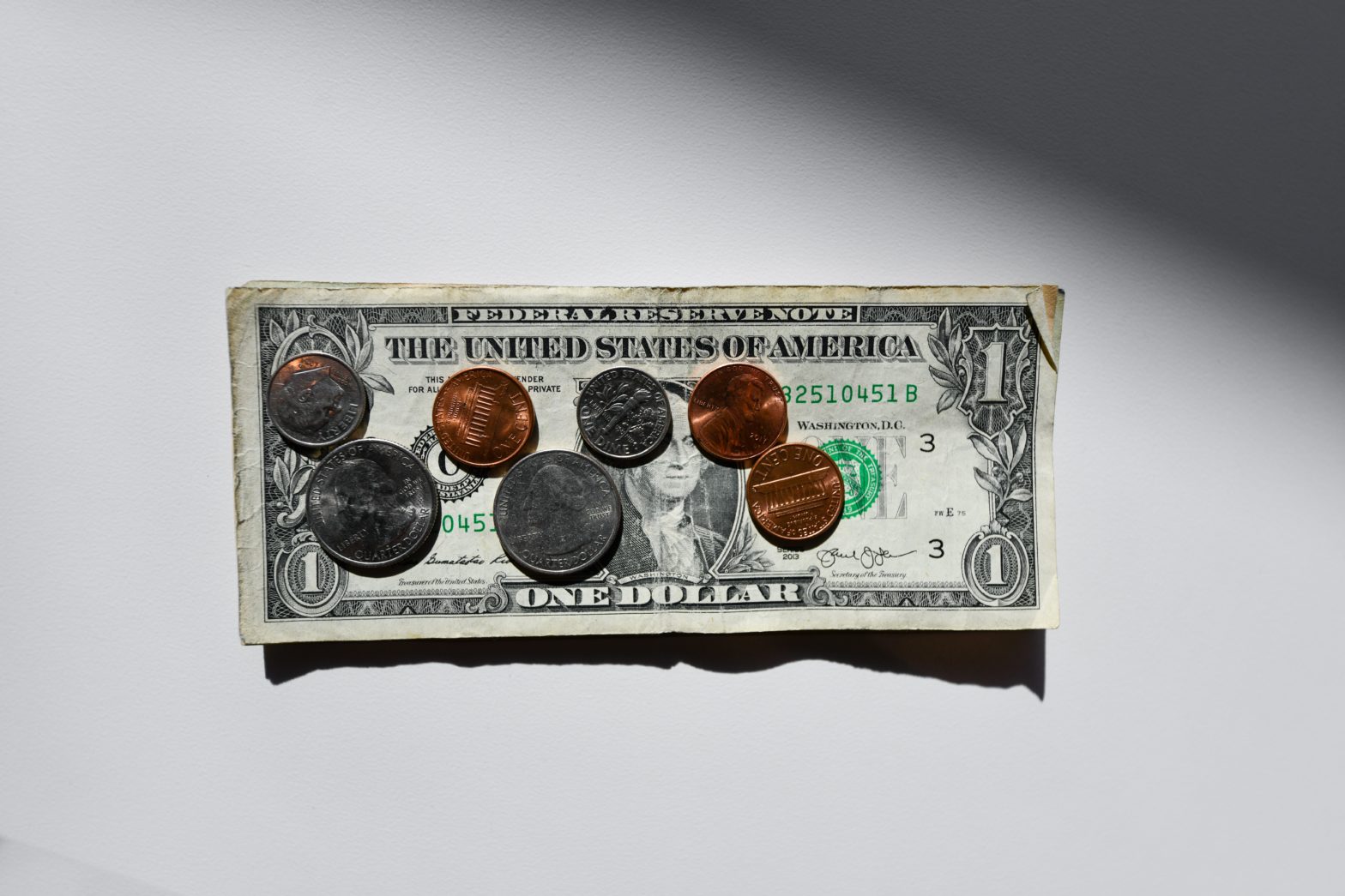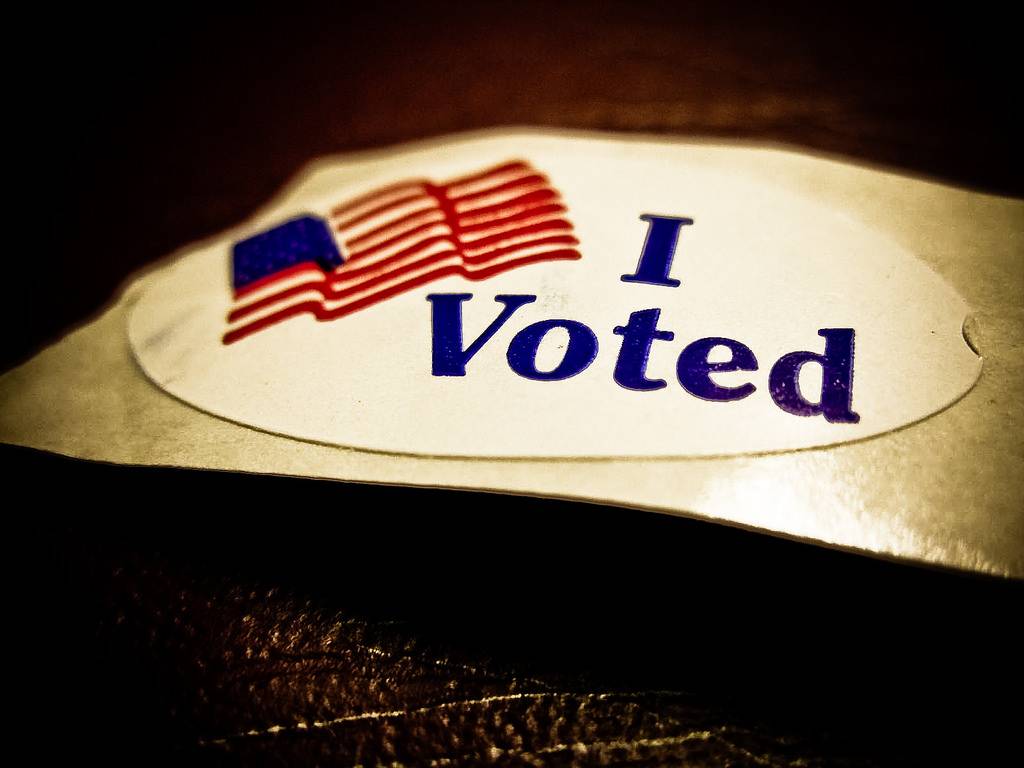Consequences of Federal Gift Card Fraud (18 U.S.C. Section 1029)
Is it a federal crime to traffic in stolen gift cards? It can be. Federal law doesn’t differentiate between a gift card and a credit card. Credit card fraud is a federal offense when interstate commerce is involved.

Take a look at this recent example…
A federal indictment was handed down last month against two West African men, charged with possession with intent to defraud more than 15 unauthorized devices and transporting via interstate commerce more than $5,000 in fraudulently obtained gift cards.1
The two foreign nationals are alleged to be part of an international identity theft ring. Law enforcement agents arrested them in March, confiscating 352 gifts cards discovered in their vehicle. One of the suspects allegedly told authorities that he had bought the cards in Indianapolis at half their value and was on his way to Chicago to sell them when he was apprehended by police in Indiana.
Members of the identity theft operation used stolen information, computers and card-encoding machines to make credit cards, which they use to buy millions of dollars’ worth of gift cards, cellphones, jewelry and other goods, according to prosecutors.2
All told, the value of the gift cards found when the two men were arrested were worth at least $17,000. If convicted on all charges, the suspects could be facing up to 15 years in prison.
What is Gift Card Fraud?
Gift card fraud is an extension of credit card fraud. Credit card fraud is essentially identity theft involving the unauthorized possession of another’s credit card information for the purpose of charging purchases to the account or stealing money out of it.
Credit card fraud schemes generally fall into one of two categories of fraud:
- Application fraud; and
- Account hijacking.3
Application fraud consists of the unauthorized opening of credit card accounts in someone else’s name. A fraudster who can obtain enough personal information about another person may be able to fill out a credit card application and receive a line of credit without the victim ever knowing.
Account hijacking can involve the criminal takeover of an existing credit card account, a practice by which a perpetrator obtains enough personal information about a victim to change the account’s billing address. The perpetrator then subsequently reports the card lost or stolen in order to obtain a new card and make fraudulent purchases with it.4
Another common method used to hijack an account is known as “skimming.” Skimming schemes occur when company employees obtain access to customers’ credit card information. These employees then either sell the information to identity thieves or hijack the victim’s identities themselves.5
Once an authorized account is obtained, credit card scammers can fraudulently purchase gift cards, which can then be used to make legitimate purchases. Alternatively, because gift cards contain no embossed numerals and no individual’s name anywhere on the card, no proof of identity is required to use them. They can be easily negotiated for cash by selling them at a reduced price.
Bank gift cards can also be encoded with stolen information obtained from victims of identity theft using a device for embedding data on a magstripe, called a “magstripe reader-writer.” By altering the magstripes of authentic bank gift cards, a thief can bypass the difficult and risky step of manufacturing counterfeit credit cards.6
How is Gift Card Fraud Prosecuted under Federal Law? (18 U.S.C. section 1029)
Gift cards, like credit cards, are considered “access devices.” Fraud and related activity in connection with access devices is a federal offense under 18 U.S.C. section 1029.

An “access device” is defined under federal law as “any card, plate, code, account number, electronic serial number, mobile identification number, personal identification number, or other telecommunications service, equipment, or instrument identifier, or other means of account access that can be used, alone or in conjunction with another access device, to obtain money, goods, services, or any other thing of value.”
A “counterfeit access device” means any device that is counterfeit, fictitious, altered or forged. Federal law covers credit cards, as well as debit cards, ATM cards, gift cards, gas cards and any other type of card that can be used to negotiate a purchase. A merchant account number that is used to transact credit card purchases also qualifies as an access device.
Under federal law, you can be prosecuted if you knowingly and with intent to defraud do any of the following:
- Produce, use or traffic in one or more counterfeit access devices;
- Traffic or use one or more unauthorized access devices in any one-year period to collect anything of value worth $1,000 or more during that period;
- Possess 15 or more counterfeit or unauthorized access devices;
- Possess or traffic device-making equipment; or
- Use any access device issued to another person to receive payment during a one-year period of anything of value worth $1,000 or more;
Like many federal offenses, your fraud crime must involve some aspect of interstate or international commerce – which simply means a state or national border is crossed to facilitate the crime.
What Are the Consequences of Federal Gift Card Fraud?
If you are convicted of unlawful possession or use of an unauthorized or counterfeit gift card, credit card, or other “access device” in violation of 18 U.S.C. section 1029, you face a fine of up to $250,000, up to 10 years in prison, or both.
If you are convicted of possessing or trafficking device-making equipment, or using someone else’s card information to receive payment, your sentence can increase to as much as 15 years in prison.
A second offense under this federal law carries a maximum of 20 years in prison.
Gift Card Fraud and Related Charges
As with most crimes involving fraudulent financial transactions, a person suspected of using, possessing or trafficking illicitly obtained gift cards or other “access devices” may face a variety of related federal charges, such as:
- Computer fraud (18 U.S.C. 1030);
- Email fraud;
- Wire or mail fraud (18 U.S.C. 1343);
- Bank fraud (18 U.S.C. 1344);
- Identity theft (18 U.S.C. 1028);
- Aggravated identity theft; and
- Making false statements;
Contact Wallin & Klarich Today if You are Facing Federal Gift Card Fraud Charges
If you or someone you care about is facing federal prosecution of gift card-related fraud charges, speak to one of our experienced criminal defense attorneys at Wallin & Klarich today about how we can help you avoid the serious consequences of a federal conviction.
With over 40 years of experience in handling federal criminal cases, our attorneys at Wallin & Klarich have successfully defended many of our clients facing a federal indictment. Wallin & Klarich may be able negotiate with the U.S. attorney prosecuting your case for a reduction or dismissal of the charges against you.
Wallin & Klarich has offices conveniently located in Los Angeles, Sherman Oaks, Torrance, Tustin, San Diego, Riverside, San Bernardino, Ventura, West Covina and Victorville. Our attorneys at Wallin & Klarich are available 24 hours a day, 7 days a week to provide you with preeminent, AV-rated legal representation. We will help you obtain the best possible outcome in your case.
Call us today at (877) 4-NO-JAIL or (877) 466-5245 for a free telephone consultation. We will get through this together.
1. [Post-Tribune, Chicago Sun-Times: “2 Indicted on federal charges of gift card, credit card fraud”; http://posttrib.suntimes.com/news/27139423-418/2-indicted-on-federal-charges-of-gift-card-credit-card-fraud.html#.U2bVjlcbEWI]↩
2. [Id.]↩
3. [Cornell University, Law Information Institute: http://www.law.cornell.edu/wex/credit_card_fraud]↩
4. [Id.]↩
5. [Id.]↩
6. [USA Today: “Thieves turn simple strip into cutting-edge tool”; http://usatoday30.usatoday.com/tech/news/computersecurity/infotheft/2007-07-31-gift-cards_N.htm]↩



